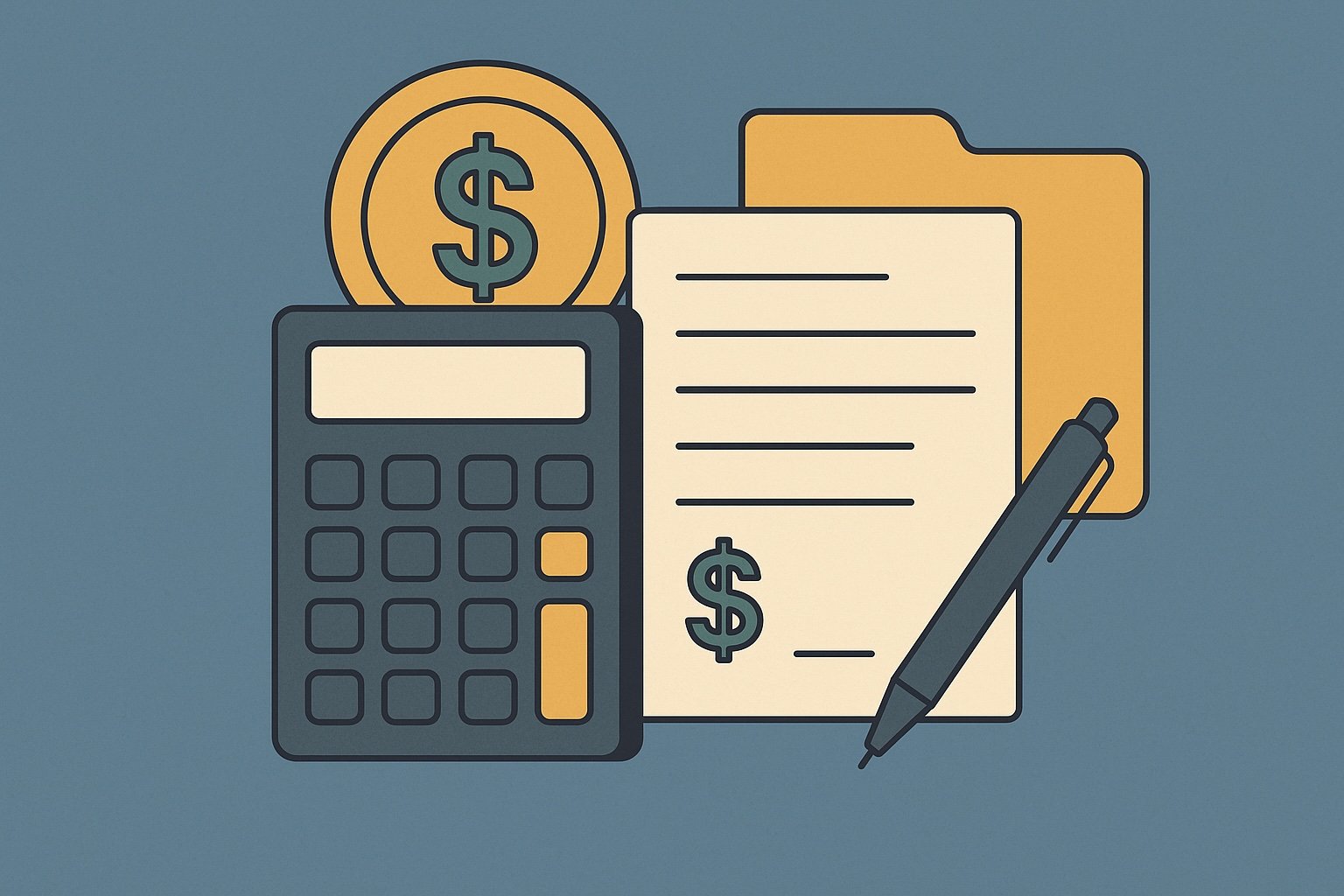Question
ARTE's Answer
In a 1031 exchange, the role of holding the funds is crucial to ensure the transaction qualifies for tax deferral under IRS guidelines. The funds from the sale of the relinquished property must be held by a third party known as a Qualified Intermediary (QI). At Deferred.com, we provide these services to facilitate your 1031 exchange smoothly and efficiently.
The Qualified Intermediary is responsible for managing the proceeds from the sale of your relinquished property. This is essential because if you, as the taxpayer, have actual or constructive receipt of the funds, the transaction could be disqualified as a 1031 exchange, resulting in immediate tax liability. By using a QI, you avoid this pitfall, as the QI is not considered your agent for tax purposes.
Here's how the process typically works:
- Sale of Relinquished Property: You sell your property, and the proceeds are directed to us, Deferred.com, as your Qualified Intermediary. We hold these funds in a secure, separate account.
- Identification Period: You have 45 days from the sale of your relinquished property to identify potential replacement properties. During this time, the funds remain with us, ensuring you do not have access to them.
- Exchange Period: You must complete the purchase of the replacement property within 180 days of the sale of the relinquished property. We, as your QI, will use the funds we hold to acquire the replacement property on your behalf.
- Acquisition of Replacement Property: Once you have identified and are ready to purchase the replacement property, we facilitate the transfer of funds to complete the transaction.
Let's consider an example to illustrate this process:
Imagine you own a rental property valued at $500,000, which you decide to sell. You engage Deferred.com as your Qualified Intermediary to handle the 1031 exchange. Upon selling your property, the $500,000 proceeds are transferred to us. You then identify a new property worth $600,000 within the 45-day identification period. We hold the $500,000 until you are ready to close on the new property. When you finalize the purchase, we transfer the $500,000 to the seller of the replacement property, and you secure a mortgage or use additional funds to cover the remaining $100,000.
By using Deferred.com as your Qualified Intermediary, you ensure that the exchange is structured correctly, allowing you to defer capital gains taxes on the sale of your relinquished property. This process not only saves you money through our "No Fee Exchange" but also provides peace of mind knowing that your transaction is handled by experienced professionals.
Have more questions? Call us at 866-442-1031 or send an email to support@deferred.com to talk with an exchange officer at Deferred.
1031 Question? Ask ARTE
Deferred's AI 1031 Research Assistant is trained on 8,000+ pages of US tax law and outperforms human CPAs by 22%+
CHAT NOW
Learn More
See more frequently asked questions about 1031 exchanges








